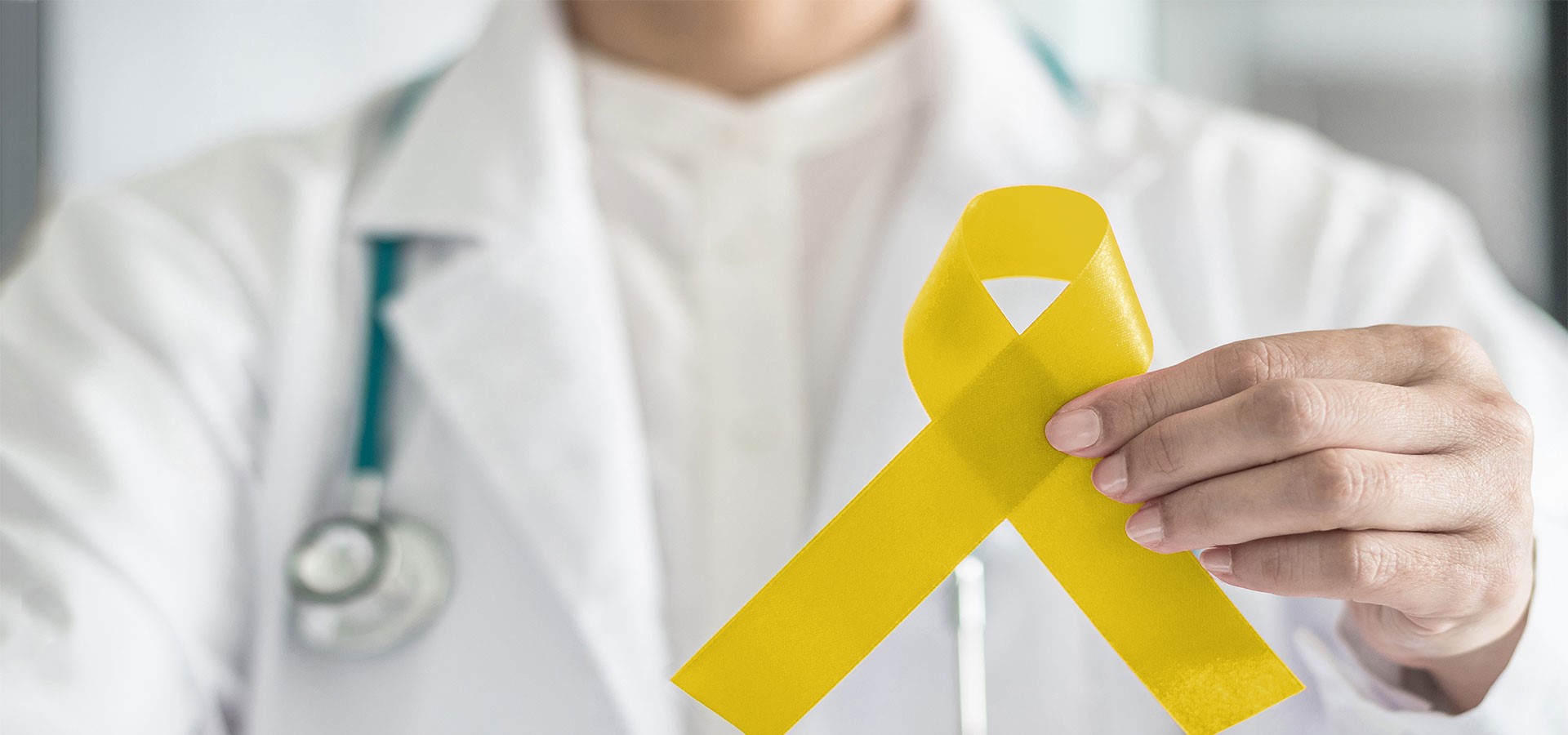Children and teens often shy away from talking to caregivers about what’s bothering them. Many times, they have thoughts and feelings that they don’t quite understand and have a difficult time explaining them to adults. It can be hard to know what a young person is feeling, let alone if they are having thoughts of suicide.
Adults play a very important role in children’s lives, and it’s important to pay attention to the mental health of children around us. Parents, grandparents, other family members, school staff and others can spot signs that a child is struggling and may need help. One way to address increasing rates of suicidal thoughts in youth is to try and notice changes early enough to support healthy ways of working through distressing emotions.
The Psychology of Suicidal Thoughts
Lisa Ramirez, PhD, is a child psychologist and the Associate Director of Pediatric Psychology at MetroHealth. She said suicidal thoughts and actions are a symptom, not a diagnosis.
“Suicidal thoughts come from a sense of hopelessness,” she said.
Hopelessness can have a lot of causes, including depression and anxiety. But sometimes hopeless comes from a feeling of being overwhelmed. Big and/or sudden changes in a child’s life can have that effect, and when hopelessness takes over, a person might think anything is better than staying in that situation.
Signs to Watch For
Young people who have suicidal thoughts often show signs.
If a child or teen is doing any of the following, they may be struggling with feelings of despair and suicidal thoughts and could benefit from support from a mental health professional:
- Talking about death
- Not doing things they used to enjoy
- Giving things away
- Having no future goals
- Using phrases like “what’s the point?”
- Not sleeping
- Not eating
- Saying goodbye
Talking about Mental Health
Children’s mental health can be a difficult topic to discuss.
“I think sometimes young people are scared to talk to adults about it,” Dr. Ramirez said. “Often they want help, they don’t want to feel that way, but they’re scared of being judged or feel guilty for having these thoughts in the first place.”
Teens and adolescents might be more willing to talk about mental health with peers. Getting to know your children’s friends is always a good idea. Be sure to pay attention if friends or classmates say they are concerned.
Having open communication can help young people feel more comfortable, and they might share any troubles they are having. Make sure to listen, without judgment, without interrupting if they are willing to talk. Use the opportunity to learn what’s bothering them and offer support by showing empathy and connecting them with professionals who can help.
Resources
We know it can be stressful and scary when a child or teen you care about is showing signs of suicidal thoughts. Thankfully, there are a lot of resources available to help with mental health concerns.
The Cleveland Mobile Crisis line is staffed by mental health professionals 24/7. They can help you and/or the child through a crisis, even if signs are just starting to show. Their phone number is 216-623-6888.
Some people are more comfortable with texting than talking on the phone. There is a 24/7 text line available at 741741.
MetroHealth’s Suicide Prevention Resources also provide fast access to valuable services. You can also always bring your child to an emergency room if you feel the situation needs immediate help or make an appointment with their doctor.
The new MetroHealth Cleveland Heights Behavioral Health Hospital offers inpatient care for adolescents, teens and adults, and is connected to the Cleveland Heights Medical Center and Emergency Department.
The Behavioral Health Hospital is designed with the patient’s health and security in mind and staffed by empathetic, highly qualified professionals in behavioral health therapies. The spaces are grouped by age and diagnosis to better serve each patient. Treatment programs range from inpatient to intensive outpatient, to outpatient therapies, serving patient needs through each stage of their treatment to get back to a healthier life.
The Bottom Line
“If you are worried, seek help,” Dr. Ramirez said.
It is always better to be safe, even if you think you might be overreacting. Experts can help assess and give advice, but only if they are able to see and interact with the child.












